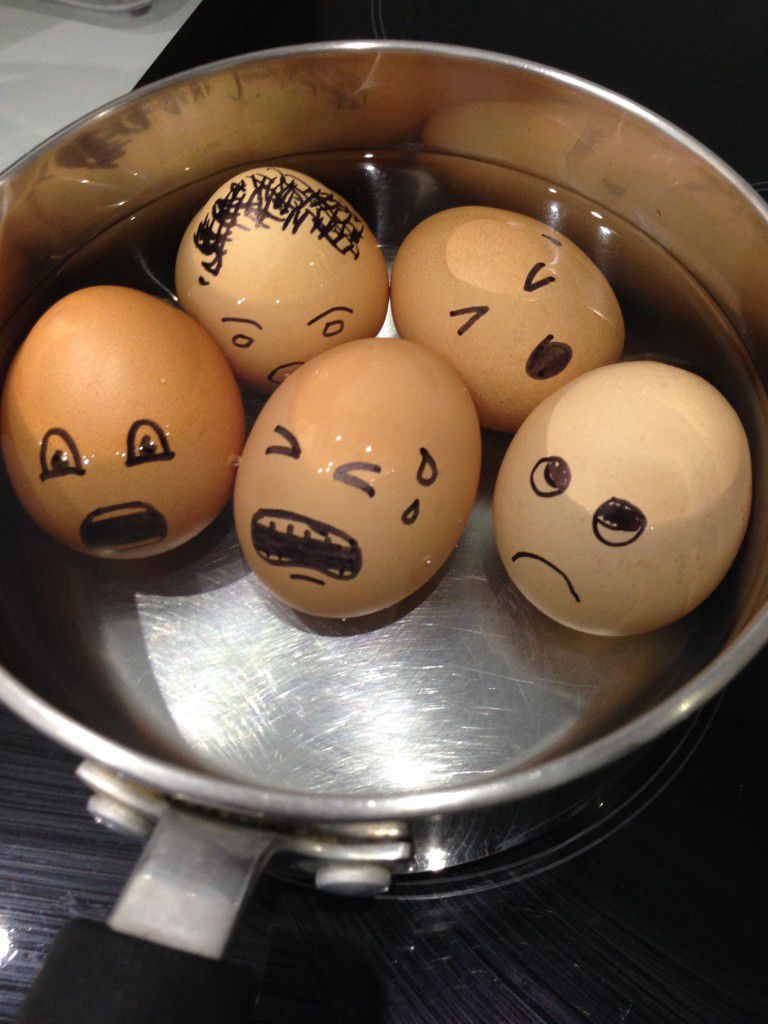Quiz: Can you guess the language?
Are you a language expert? Try our quiz and see how many you can answer correctly…
If you were surprised by any of them, let us know! Don’t forget to share with your friends to see how many they can answer.
If you’re inspired to learn one of these languages, download our free uTalk app for iOS. We have over 120 languages to choose from!
Can you whistle a phrase?
A few days ago, Gloria stopped by my desk with a burning question: had I ever heard of the whistling languages?
Proudly, I was able to answer that I had, but quickly became deflated when we realised that neither of us had the slightest idea of how they work. Was there a whistling alphabet with different tones for vowels and consonants? Do you just learn whole phrases by heart for limited daily use? Clearly there was a very large hole in our knowledge, and we immediately set about trying to fill it in.
For those of you who don’t know what we’re talking about, whistling languages are those which have developed (mostly) in areas of extreme terrain, where communication by speech would be impossible but where whistles can carry over large distances (up to a couple of miles). Perhaps most well known is the whistling language Silbo Gomero (of La Gomera) which, once endangered, is now being successfully preserved through mandatory classes at school. The way the language actually works is that the whistled phrase resembles, in intonation and pitch, the phrase in the original language – Spanish, in this case. This means that users can improvise conversations in the same way as with a spoken language, even using modern vocabulary which may not previously have existed.
Gloria has actually been to La Gomera and seen first-hand how they achieve the incredible variations in the whistling language: not just with pursed lips, but with fingers to amplify the sound and change the tone. This is all very impressive to me, but it turns out that Gloria is a bit of an expert at whistling, and graciously offered to demonstrate a few simple techniques. Although it’s not the same as having a whole, developed whistling language at your disposal, she does have a few ‘set phrases’ which she not only uses in specific situations but which are understood by people and – in one case – birds too! Watch to the end to hear her top tip on how to make your whistles extra loud…
If you think you can rival Gloria for expertise in whistling, or have a different whistle you actually use in everyday life, we’d love to hear about it!
Nat
English Idioms: Halloween special [video]
Happy Halloween!
As is EuroTalk tradition, we celebrated the spookiest day of the year (a day early) with fancy dress, pumpkin carving and other Halloween-themed fun.
We also took the opportunity to put together this little video of Halloween-themed English idioms, starring members of the (endlessly talented, we’re sure you’ll agree) EuroTalk team.
We’re expecting our Oscar nomination any day now.
We really hope you love this video as much as we enjoyed making it. If so, please share it with friends, and let’s keep the madness going 😉
And we’re always open to suggestions, so if you have idioms – English or other languages – that you’d like to see immortalised in video, we’d love to hear them!
The Language of Chocolate
Ah chocolate, that little sinful delight that you can pretty much find in every corner of the globe. Eat it, drink it, wear it or even play with it, you simply can’t get away from it. Since it’s National Chocolate Week I was curious to find out where the word ‘chocolate’ actually comes from.
Unfortunately there isn’t really a concrete answer that states its exact origins. Some believe it comes from the Aztec (Nahuatl) word ‘chocolatl‘ which referred to a substance produced from the seeds of the cacau tree. Others believe the Spanish coined it from the Mayan word ‘chocol‘ (hot) and the Aztec word ‘atl‘ (water) when early explorers came across a beverage made from the seeds.
It only goes to show how far back the beginnings of chocolate as we know it are embedded into our history. If you’re looking for interesting ways to use the word chocolate in other languages, here are a few to start you off with.

If you ever come across something or someone that you find utterly useless, then the expression ‘as much use as a chocolate teapot‘ might come in handy. Science has even proven how useless a chocolate teapot really is.
In French, you might use the phrase ‘tablettes de chocolat‘ to refer to a particularly svelte and toned looking man. There are some things about the French language that I just love.
‘Es el chocolate del loro‘ in Spanish literally translates to ‘the parrot’s chocolate’, but is in fact referring to the insignificance of a small amount of money when compared to a much larger amount. I’m still trying to work out where the parrot comes into this, though.
And if you find yourself in a particularly confusing situation that defies all sense of logic and cohesion, don’t hesitate to swap the English idiom ‘it’s all Greek to me’ for the Dutch ‘daar kan ik geen chocola van maken’ which translates to ‘I can’t make chocolate of that’.
Do you know any other chocolate based expressions? Do let us know! I’m sure they’ll be positively delicious…
Safia
Lost, drowned, in a shirt… how do you like your eggs?
Happy World Egg Day!
English is quite a boring language when it comes to eggs. We boil them, scramble them, poach them, fry them. All very ordinary.
Which is why we were delighted to discover that other languages are more dramatic in their approach to eggs!
Over to Italy:
For Italians, poached eggs are literally ‘eggs in a shirt’ – ‘le uova in camicia’ – possibly because the frilly poached egg white looks like the sleeves of a loose blouse.
Alternatively (but still quite theatrically), you can call them ‘le uova affogate’ (literally ‘drowned eggs’). Poor old eggs!
And now to Germany:
Maybe it’s the same idea of drowning that makes Germans call their poached eggs ‘verlorene Eier’ – ‘lost eggs’. The eggs, like sailors lost at sea, drown quietly in the saucepan.
Or, if it’s a fried egg you’re after, the Germans have a pretty expression for that too: ‘Speigeleier’, literally ‘mirror eggs’. Can anyone tell us why..?
Bullseye!
In Italian, Slovak and Czech (to name but a few), the fried egg is the ‘bullseye egg’- because, of course, it resembles a bullseye (or a porthole, which is the same word): ‘le uova all’occhio di bue’ (Italian), ‘volské oko’ (Slovak), ‘volská oka’ (Czech).
Eyes in a pan?
A similar idea, though slightly more graphic, applies in Bulgarian and Slovenian where the fried eggs (‘яйца на очи’ and ‘jajce na oko’ respectively) translate as ‘eggs eye-style’! So next time you fry an egg, you may choose to remember this vocabulary by imagining a big eyeball staring up at your from the plate… OR you may choose to stick to the safe, if rather boring, English equivalent.
Got any other interesting egg-related vocabulary? Let us know!



